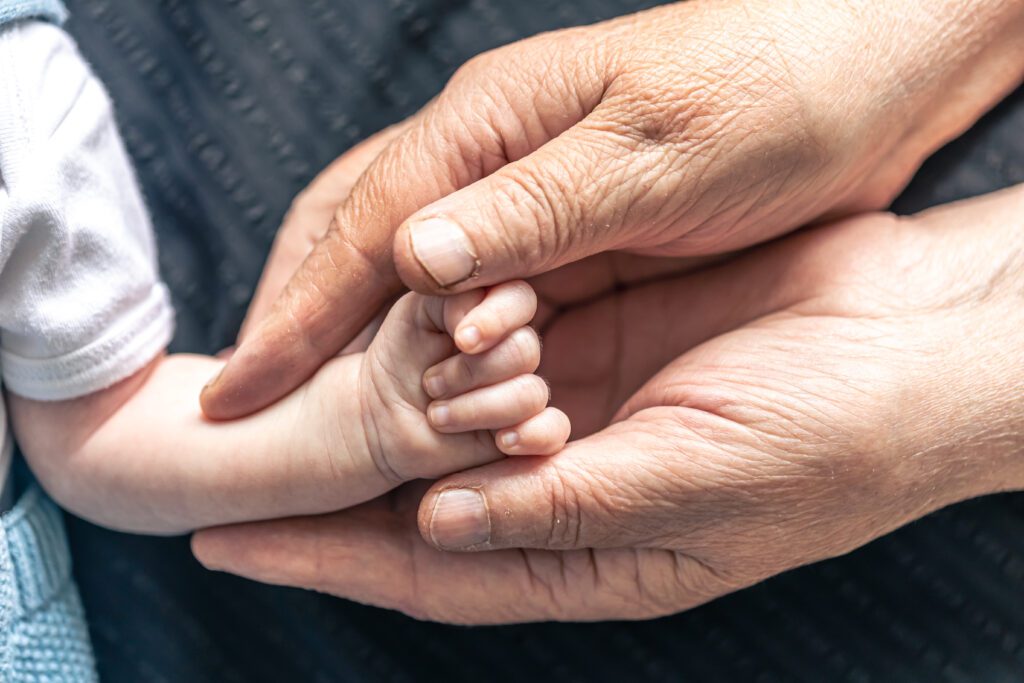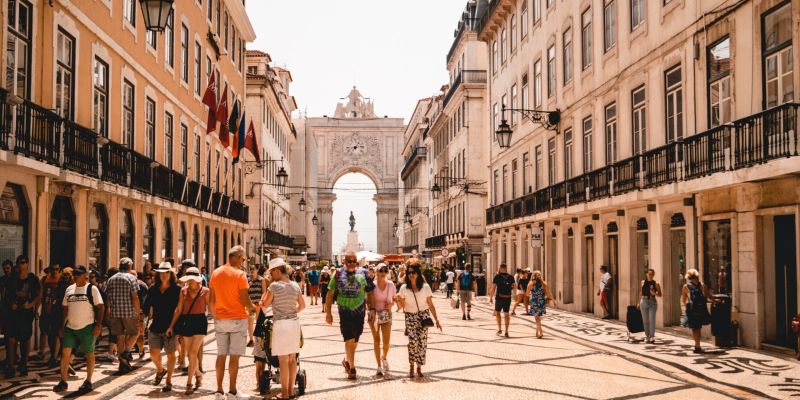
How does the Portuguese Nationality Process work for grandchildren?
For each Portuguese nationality process, it is essential to submit a dossier containing original documents. An important point is that great-grandchildren of Portuguese citizens cannot apply for nationality directly.
In this case, the grandson or granddaughter must first acquire nationality and, only after becoming a Portuguese citizen, can the descendants also apply for citizenship.

Requirements for Nationality by Grandson/Granddaughter Relationship
To apply for nationality as the grandson/granddaughter of a Portuguese citizen, the following requirements must be met:
- Proof of family descent:
Submit a set of detailed certificates showing the direct family relationship (see list of documents below). - Knowledge of the Portuguese language:
- Demonstrated by a high school or college diploma in Portuguese.
- For applicants who are nationals of countries where Portuguese is the official language, knowledge of the language is presumed and no proof is required.
- No criminal record:
- The applicant must not have a prison sentence of more than 3 years. This is proven by criminal record certificates issued by the country of origin and other countries where the applicant has lived since the age of 16.
- National security:
- The applicant must not represent a danger or threat to national security, especially in relation to terrorist activities (this verification is carried out by the Portuguese government) and must clarify whether they have done non-compulsory military service to any country.
- Restrictions related to membership:
- None of the descendants, up to the applicant’s generation, can have been adopted or have had their parentage established only after reaching the age of majority.
Required documents
The certificates that should generally be included in the nationality process are:
- Portuguese ancestor’s birth certificate:
- Full document, reprographic and typed. This document is issued in Portugal on the basis of information provided by the applicant.
- Birth certificate of the direct descendant (son/daughter) of the Portuguese citizen:
- Full document, reprographic and typed. It must be issued in the descendant’s country of birth. Please note that the Hague Apostille is required, depending on where the document is issued.
- Birth certificate of the Portuguese citizen’s grandson/granddaughter:
- Full document, reprographic and typed. It must be requested in the grandchild’s country of birth. Be aware of whether or not you need a Hague Apostille, depending on where the document is issued.
Note: Marriage certificates may be required if the declarant of the birth of the direct descendant or grandchild/grandchildren is not a Portuguese citizen (proof of the establishment of filiation under the terms required by the Portuguese legal system is required).

Rights of descendants of grandchildren
The nationality granted to a grandson or granddaughter is considered original. This means that the descendants of this new Portuguese citizen will be able to apply for nationality in the future on the basis of direct filiation, marriage or family ties.
If the application is granted, the grandson/granddaughter will be considered a natural-born Portuguese national, guaranteeing full rights to their descendants.
Search for records of Portuguese born after 1918
In Portugal, for citizens born after 1918, it is possible to locate the birth record with information such as full name, filiation and date of birth. However, for people born before 1918, it is necessary to provide more precise data, such as the exact place of birth (municipality and parish), as many old registers are not yet computerized.
If the applicant does not have the necessary information to locate the birth record of their Portuguese ancestor, they can enlist the help of specialized historians and researchers to help them find the documents.
Conclusion
The process of obtaining Portuguese nationality requires careful organization of documents and attention to legal requirements. The support of a lawyer, qualified in Portugal, with expertise in the area is always recommended.



